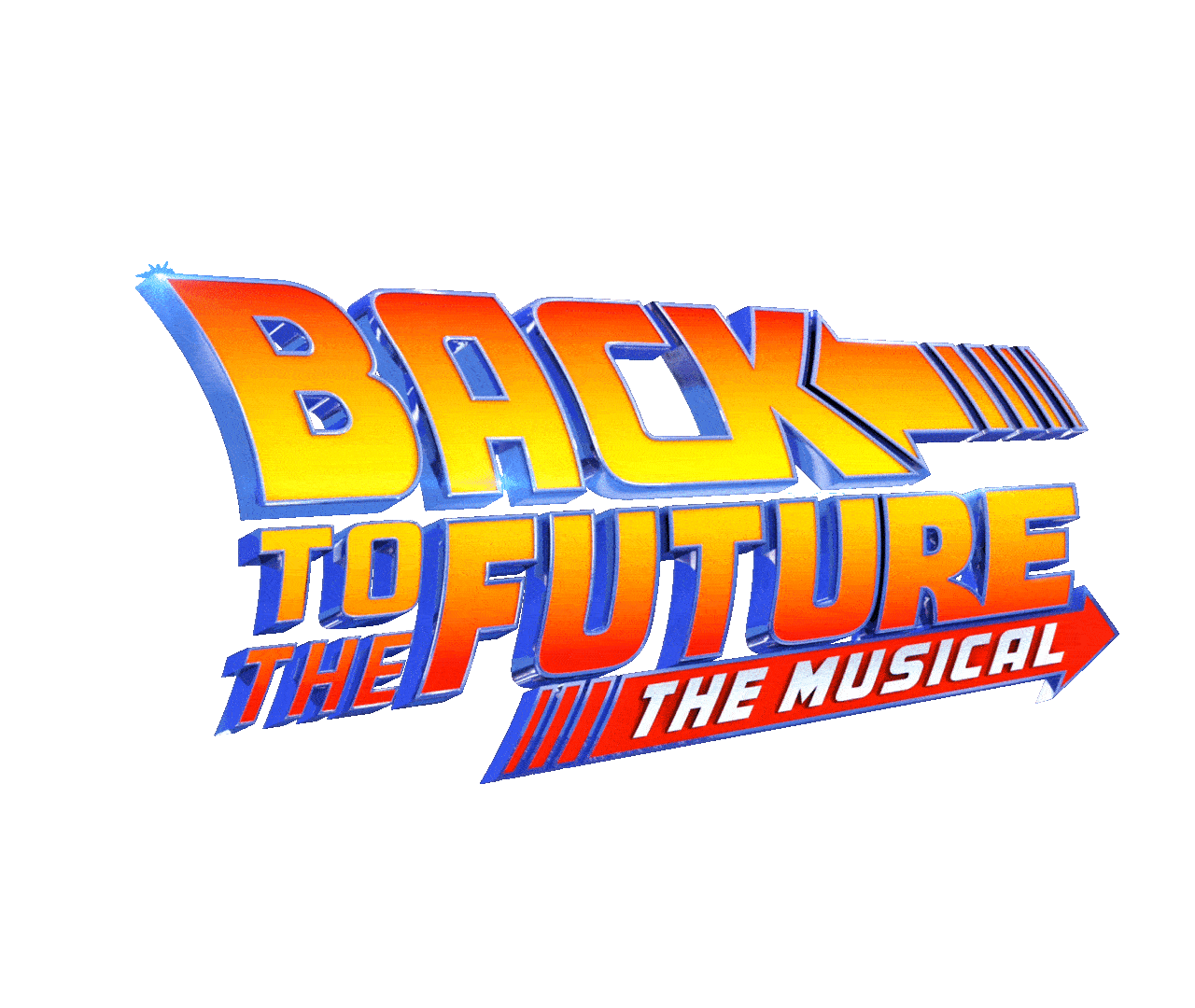Leci123 hadir sebagai platform game online santai yang menawarkan pengalaman bermain lebih ringan, nyaman, dan menyenangkan bagi para pemain. Dengan konsep yang ramah pengguna, Leci123 menjadi tempat yang tepat untuk melepas penat setelah aktivitas sehari-hari tanpa harus merasa terbebani.
Loading...




 Promo
Promo
 Login
Login
 Daftar
Daftar
 Live Chat
Live Chat